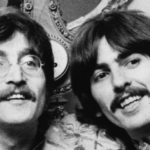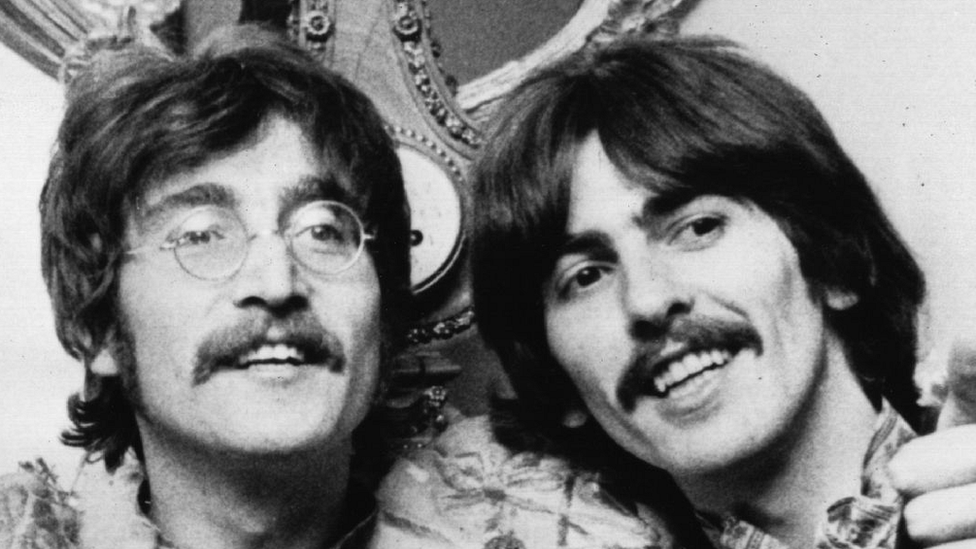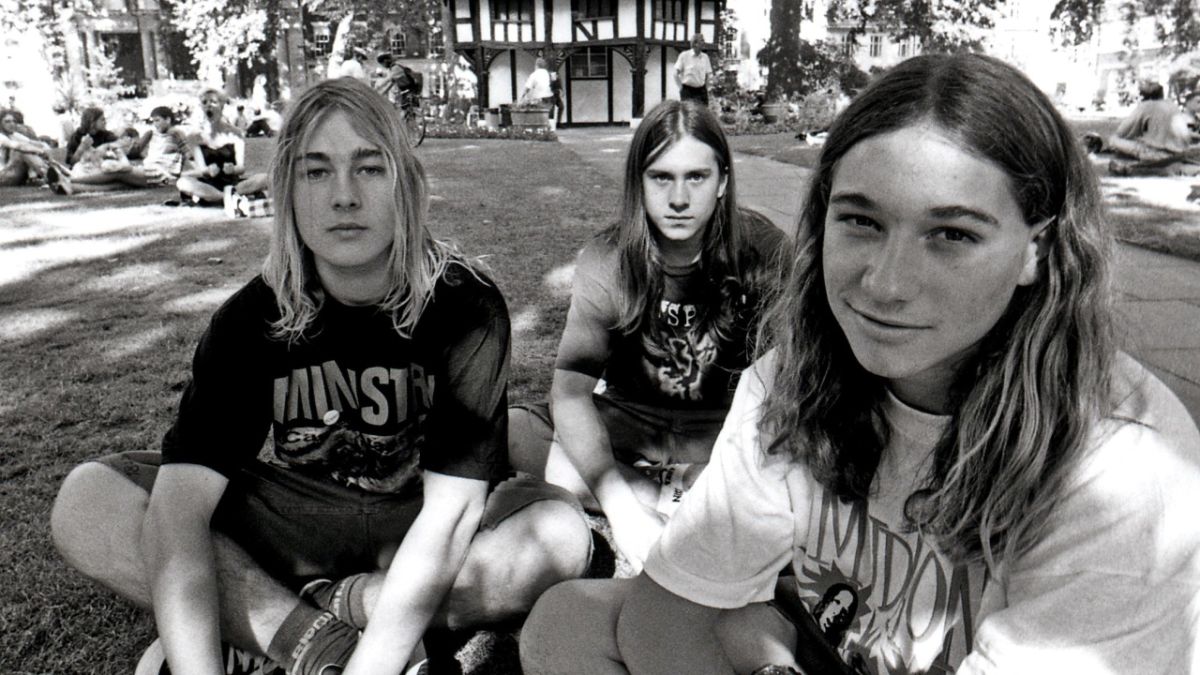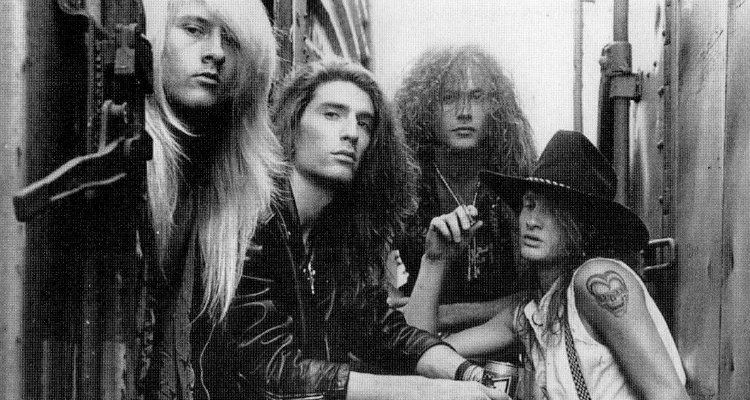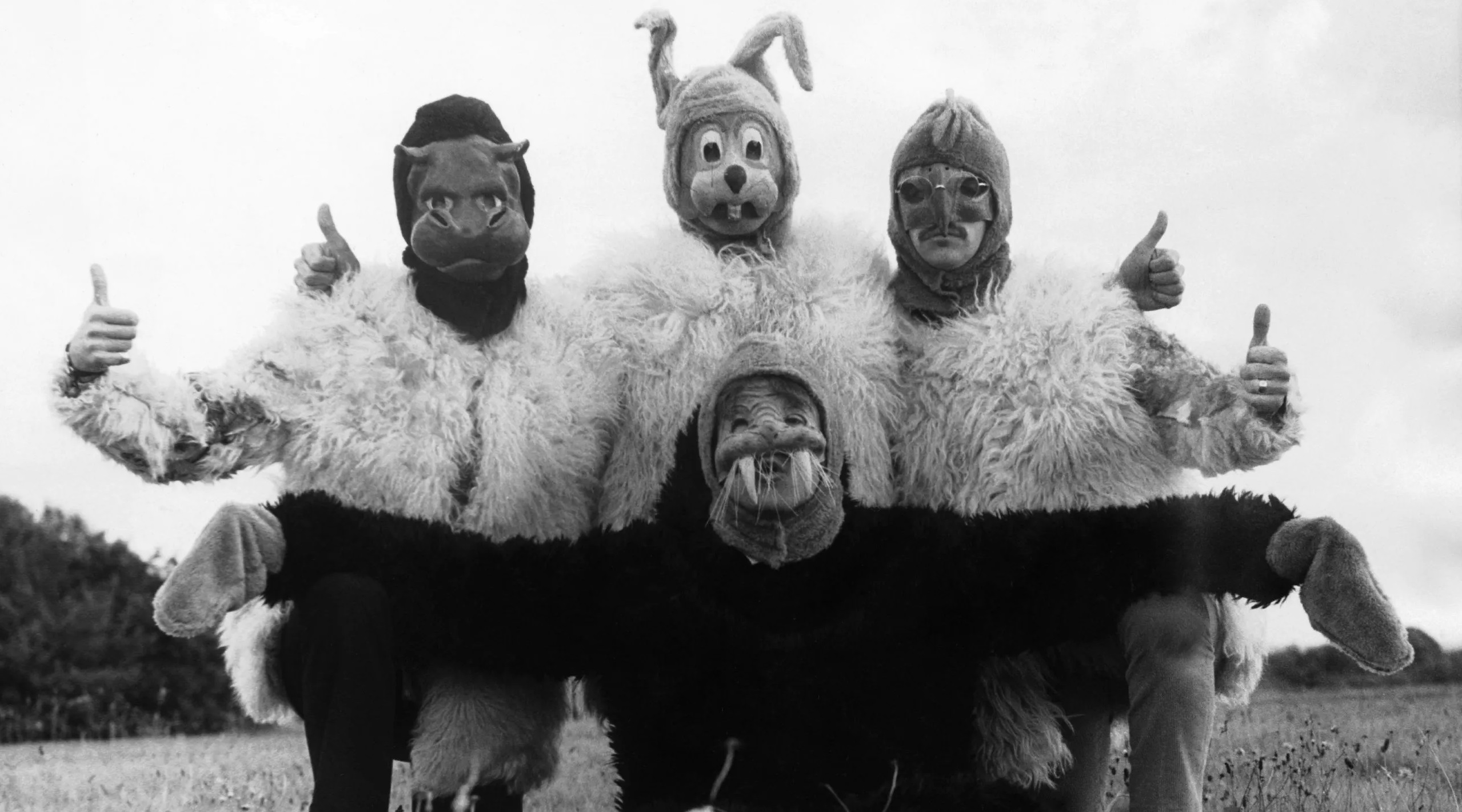Capturing the Essence of Skepticism
In the vibrant aftermath of Crosby, Stills, Nash & Young’s monumental 1970 album Déjà Vu, each band member embarked on solo ventures. Among them, David Crosby stood at the precipice of his own musical journey, crafting his 1971 debut album “If I Could Only Remember My Name.” Within this collection of songs lay the enigmatic track “Laughing,” a composition that carried a deeper meaning seeded by none other than George Harrison. In this exploration, we uncover the fascinating tale behind “Laughing,” delve into its profound significance, and unveil the creative forces that brought it to life.
The Guru and the Songwriter
“Laughing” germinated from a conversation between David Crosby and George Harrison. Harrison, inspired by his association with the guru Maharishi Mahesh Yogi during The Beatles’ foray into transcendental meditation in 1968, imparted his experiences to Crosby. Though Harrison was a staunch believer, his bandmates were more circumspect. This interaction planted a seed of skepticism within Crosby’s mind, a sentiment he would later channel into his songwriting.
Crosby reminisced about his relationship with Harrison, noting his deep respect for the legendary Beatle. While he held reservations about most religions, he chose not to voice his doubts to Harrison. Instead, he channeled his introspection into “Laughing,” crafting a song that subtly expressed his apprehensions. In the song’s verses, he contemplated the paradox of relying on someone else’s insight to navigate life’s complexities.
A Philosophy Expressed Through Lyrics
The lyrics of “Laughing” radiate Crosby’s internal dialogue. He confessed, “I don’t believe in God and I’m not really a big fan of religion—any of them.” Despite his skepticism, he refrained from undermining his friendship with Harrison, opting to convey his thoughts through poetic expression. The lyrics reveal his contemplation of whether true wisdom emanated from the individual who purported to understand the universe or from the untainted laughter of a child basking in the sun.
Crosby’s lyrical introspection served as a medium to convey his message. He mused that he could learn more from a child’s innocent laughter than from the teachings of revered gurus. Through his verses, he subtly urged listeners to question and discern rather than accept things at face value. This philosophical underpinning embedded within “Laughing” transformed it into an emblematic track that resonated with a multitude.
The Transformative Power of Music
While initially recorded in 1969, “Laughing” found its release on Crosby’s 1971 debut album. The track bore the imprint of an extraordinary musical collaboration. Drawing on the talents of The Grateful Dead’s members, including Jerry Garcia on pedal steel guitar, Phil Lesh on bass, and Bill Kreutzmann on drums, the song took on a life of its own. Graham Nash’s harmonies and Joni Mitchell’s ethereal presence added depth to the composition.
“Laughing” remained a constant in Crosby’s live performances. Even as he bid farewell to the world, Crosby continued to breathe life into this emblematic track alongside his Lighthouse Band. The magic infused within “Laughing” was a culmination of exceptional musicianship and the cosmic energy that surrounded it. Engineer Stephen Barncard’s recollections attest to the transformative power of the song, a testament to the space left for creative forces to interweave.
A Melodic Tribute to Inner Inquiry
In the tapestry of music history, “Laughing” stands as a testament to the profound impact of human connections and philosophical introspection. Inspired by the insights of George Harrison, David Crosby artfully wove skepticism and curiosity into a timeless composition. As the sun sets on Crosby’s earthly journey, his music and the enigmatic laughter of innocence continue to resonate, reminding us to question, to ponder, and to find wisdom even in unexpected places.


